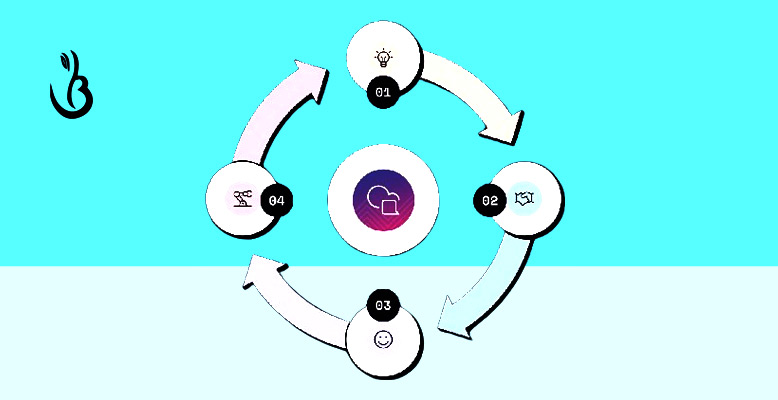
The world of technology is constantly evolving, and with each advancement comes a new generation of users. From the Baby Boomers who witnessed the rise of personal computers to Gen Z navigating a hyper-connected world, each demographic has a unique relationship with technology. Now, we’re entering a new chapter entirely – the dawn of GenAI.
GenAI isn’t a specific age group, but rather a term encompassing the ever-developing field of artificial intelligence (AI). These intelligent systems are rapidly changing how we live, work, and interact with the world around us. Software development companies are at the forefront of this revolution, creating the tools and infrastructure that power these advancements.
But how do existing generations – those who grew up without AI as a constant companion – perceive and interact with GenAI? Here’s a glimpse into the fascinating dynamic unfolding:
For Baby Boomers, technology has been a journey of adaptation. Many entered the workforce before the widespread adoption of computers and witnessed the rapid advancements that followed. As a result, they tend to focus on the practical applications of AI.
GenAI tools that streamline tasks, improve communication, and enhance healthcare are particularly attractive to this demographic. Boomers may be hesitant towards complex AI concepts like self-driving cars, but they readily embrace AI-powered assistants that simplify daily routines.
Caught between the analog and digital worlds, Gen X is known for its pragmatism and skepticism. While they may be less enthusiastic about the latest gadgets compared to younger generations, they are open to using AI for specific purposes, especially if it demonstrably improves productivity or problem-solving.
Gen Xers are prime targets for AI-powered workplace solutions that automate mundane tasks, freeing them to focus on strategic initiatives. Additionally, AI-driven financial planning tools or educational resources might find a receptive audience among this generation.
Millennials grew up alongside the rise of the internet and mobile technology. They are comfortable with AI and readily integrate it into their lives, from using voice assistants to relying on AI-powered recommendations for shopping and entertainment.
This tech-savvy generation is a driving force behind the adoption of AI-powered social media experiences, personalized content delivery, and innovative applications like augmented reality. Software development companies focused on user-centric AI experiences will find a receptive audience here.
Gen Z is the first generation to truly come of age in a world saturated with AI. They see AI as a natural extension of technology and are comfortable interacting with intelligent systems for various purposes. This generation is not just passive consumers of AI; they’re actively shaping its future.
Gen Z is drawn to AI tools that promote creativity, foster social connections, and address global challenges like climate change. Software development companies creating AI solutions focused on education, social good, and ethical development will resonate with this audience.
The beauty of this generational intersection lies in the potential for collaboration. Each generation brings a unique perspective and skillset to the table when interacting with GenAI.
For example, Baby Boomers’ wealth of experience can guide the development of AI systems that cater to specific needs. Gen X’s practicality can ensure AI solutions are efficient and user-friendly. Millennials’ digital expertise and Gen Z’s innovative spirit can push the boundaries of what AI can achieve.
As GenAI continues to evolve and permeate our lives, it’s crucial to foster a collaborative approach. By understanding how different generations interact with AI, software development companies can create more inclusive and impactful solutions. Here are some key takeaways for the future:
The future of AI is not a solitary one. It’s a collaborative journey where generations can learn from each other and leverage GenAI’s power to build a brighter future for all.
The merging of generations and GenAI marks a pivotal point in human history. As we navigate this exciting yet complex landscape, fostering open communication, ethical development, and user-centric design will be paramount. By embracing the unique strengths of each generation and working together, we can unlock the full potential of GenAI and propel humanity towards a future brimming with innovation, opportunity, and progress.